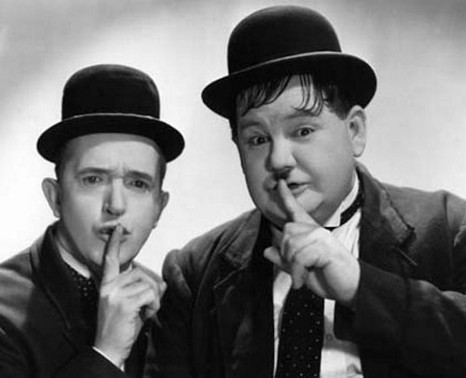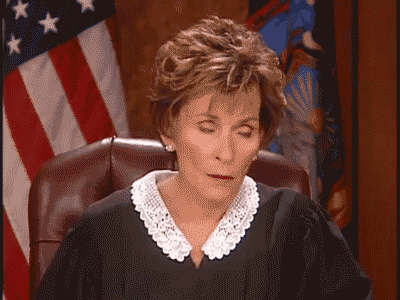A lot of things have happened since we talked last. The United States has elected its next President, who will take office in January. And stating that fact is the limit of the attention I can bear to give him. Because every time I see his face, or hear his voice, or think about him at all, my heart and mind and soul and body and spirit and guts do something like this:
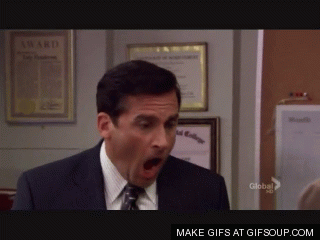
I continue to find much joy in my marriage to John, and any time I get to spend with his family. [We’re enjoying an extended visit to Portland at the moment, and have gotten to see them an unprecedented three times in one year.] My own family and friends–terms I often find interchangeable–continue to be the joy of my life on this twirling blue spaceball that we call home.
I’ve been enjoying my work as a copywriter and blogger for professionals. I work with some amazing people who have great, strong voices; and I love helping them come through, loud and clear.
I get to write up a minimum of 35 blogs a month these days, as well as proofreading, copy-editing; and donating writing services to some awesome grassroots efforts here at home. If I were to blog about my life over the last several months, it would amount to: Guess what: I wrote a blog today.
So things have been awfully quiet here; too quiet, in fact.
Which brings me to my news: this will be my last blog post on In Case of Fire, Use Stairs (as far as I know now, anyway).
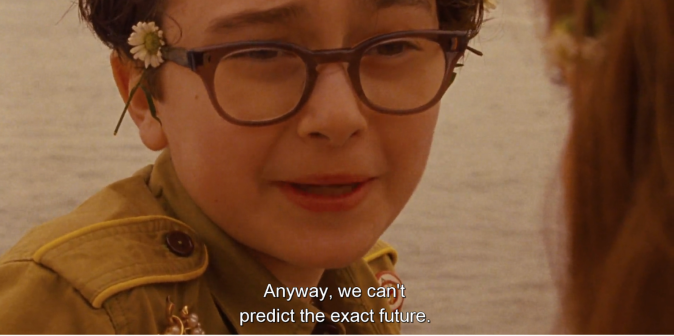
I am leaving an open door. A couple, actually. The blog won’t be deleted. The Facebook page for the blog won’t be deleted. I don’t want to close myself off to the possibility that this blog, like so many things in life, may re-emerge–like a verbose phoenix–from the ashes of silence to imbue the Internet with newfound revelations.
But as you can see–from my multiple absences stretching for months at a time–I can’t give this the regular attention it deserves. I want creative writing to continue to be a joy, not a burden.
The fact is, writing for me now–creatively, or otherwise–doesn’t take the same shape as writing for me 8 years ago (when this blog began). I still love to write. But I take solace in doing so more privately nowadays [especially for the creative, introspective expression that is so characteristic of good blogging]. I don’t feel as compelled to share my thoughts and opinions with whoever cares to hear them. Occasionally that does happen on social media. But even there, not often.
And I don’t want to feel an undue pressure, guilt, etc. about that. I want to feel free to dig into writing and see where it takes me. If it takes me back to blogging: wonderful. If it leads me to write a book: excellent. If it turns out that journaling and work are the best ways for me to write, but that I uncover some new creative outlet along the way: sounds great.
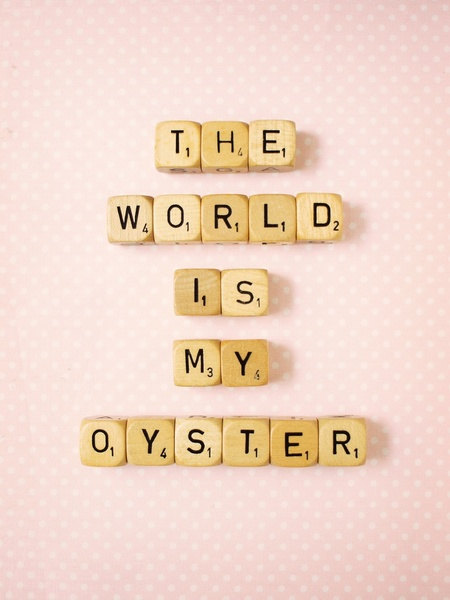
What I’m getting at it is: this isn’t bad news. I’ll miss blogging, of course. But this is the first time in more than 8 years that I’ve given myself this kind of permission: that I’ve simplified my life in a way that allows me to explore other possibilities creatively (and make room for new ones). I feel nothing but gratitude and joy and humility and the good kind of fear when I think about just how sparkly and special that is.
So I want you to know, I’ll be fine. I’ll be happy. I’ll find joy. I’ll learn new stuff.
And I want to say thank you. To everyone who has ever commented, read, shared, or disagreed with my blog. You have taught me so much about myself and others, and have opened my mind to new perspectives. [And I would be remiss if I didn’t especially thank our pen-pal in the US Army, who connected with us through this blog. We can’t wait to hug you in person someday.]
If you want to keep up with me, don’t be afraid to keep an eye on my website (linked above), email me, or follow me on social media. I’m by no means disappearing, just simplifying. Just taking the first, big, scary step into a new adventure: figuring out more about just what kind of a writer I am now.
And I don’t know if any of you ever really came to this blog for advice (at your own risk, I might add). But if you did, here’s my parting wish for you: do what you need to do to find your true self. Start small, pray, and love real big, and you’ll be just fine.
Thank you for a marvelous eight years. You’ve finally convinced me I’m a writer.
Now, to do that– and perhaps, more! Off I go!
God bless you and yours, unto ages of ages.
Love, Beth
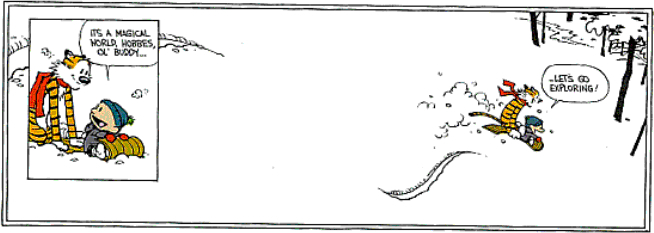
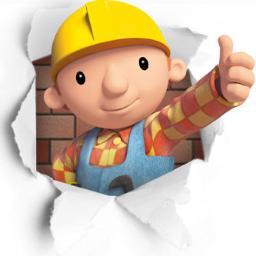
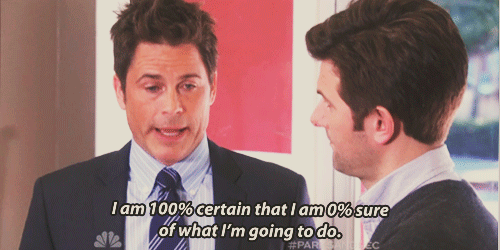
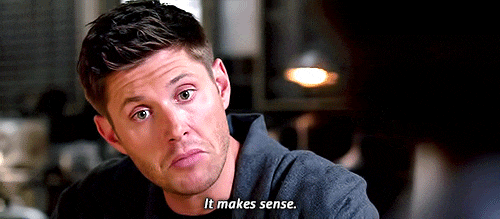


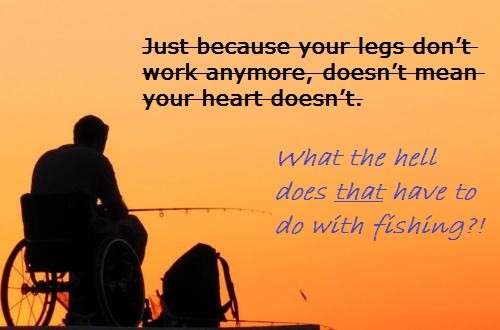
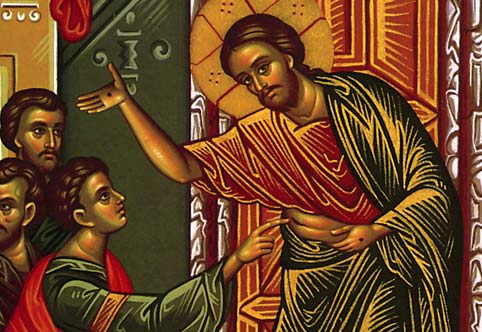
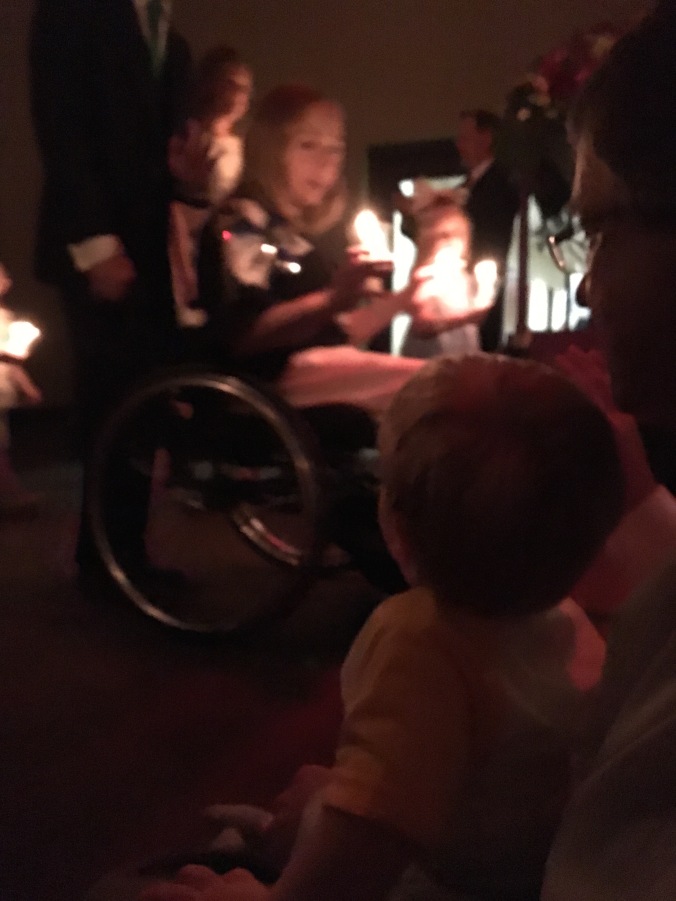



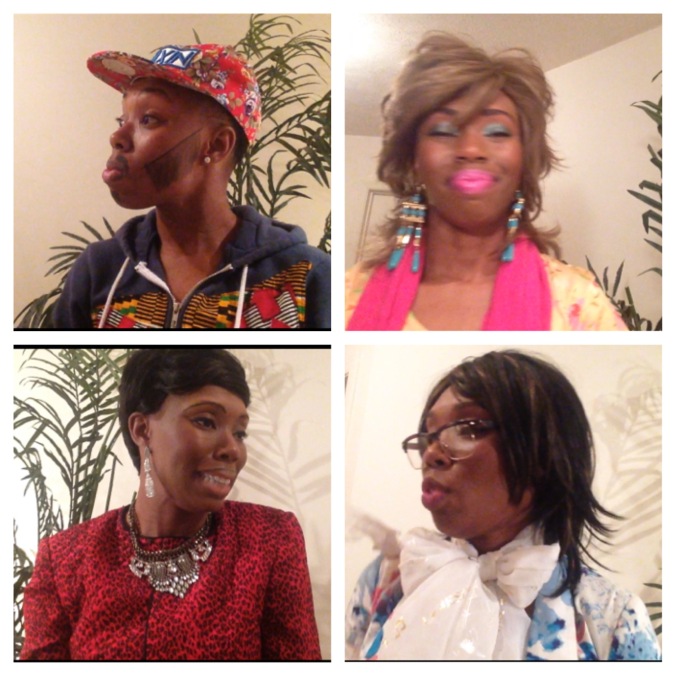
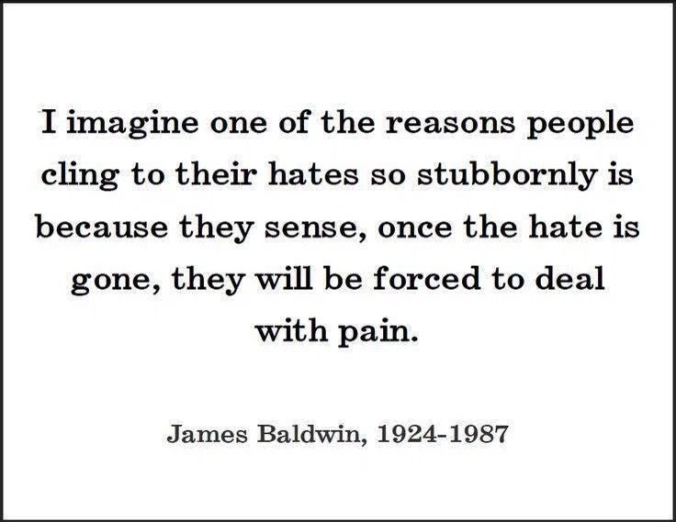
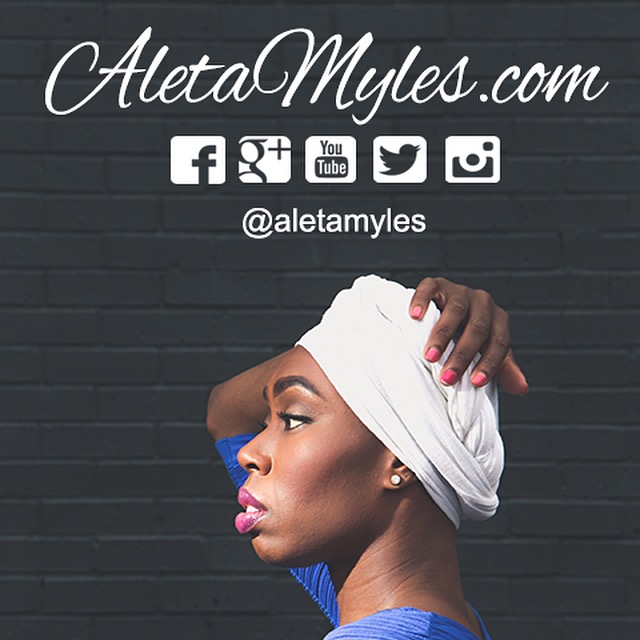
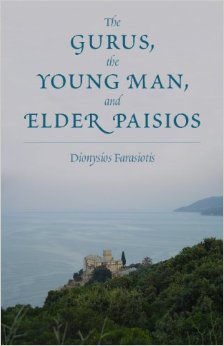


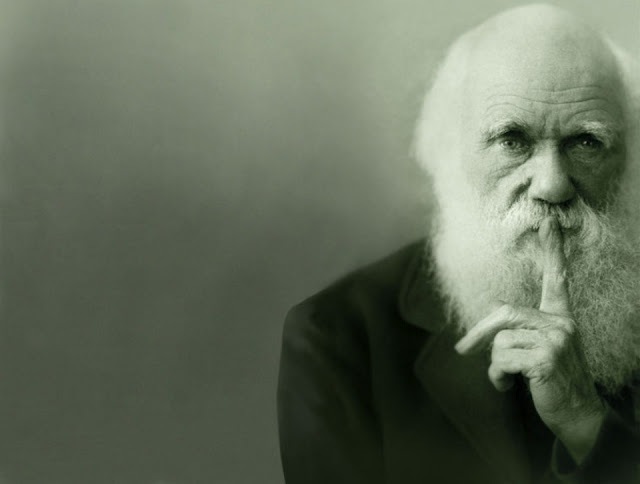 Because of its tendency to polarize and alienate people, and how easy it is for online “discussions” to lose control to third/fourth/fifth parties, I have resolved to no longer engage in emotionally charged social and political discourse on Facebook (or social media in general).
Because of its tendency to polarize and alienate people, and how easy it is for online “discussions” to lose control to third/fourth/fifth parties, I have resolved to no longer engage in emotionally charged social and political discourse on Facebook (or social media in general).